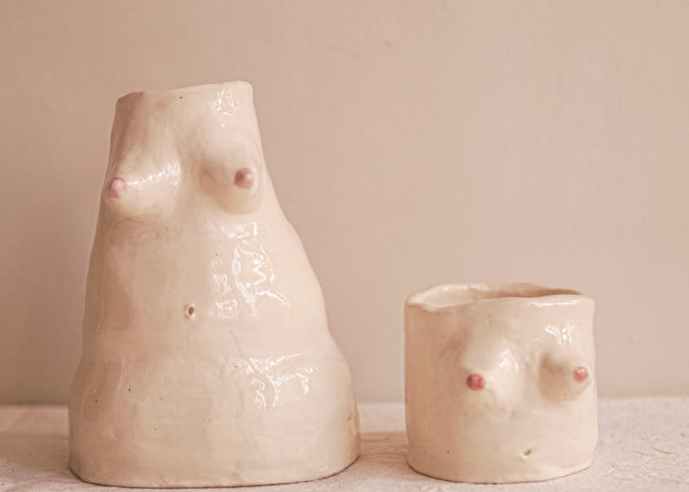Facebook and Instagram have changed their opinion on ‘socially acceptable nipple-displays’ on their platforms after Meta’s independent Oversight Board pushed for a regulation lift. However, the rules don’t apply to everyone.
Why did Meta change its rules?
The decision came after the Oversight Board dealt with two cases reviewed together for the first time. Two Instagram posts “depicting transgender and non-binary people with bare chests” had been removed at different times, but said removal was found not to be in line with “Meta’s Community Standards, values or human rights responsibilities.”
Meta’s Oversight Board decided to do a deep review of its adult nudity regulations, deciding that they were confusing and needed to be reassessed.
I’m still confused
The newly relaxed regulations in short, apply to different circumstances. Nipple portrayal is eased for those who identify as transgender and non-binary, but not necessarily for all women as a whole.
The Oversight Board shares:
“The same image of a female-presenting nipples would be prohibited if posted by a cisgender woman, but permitted if posted by an individual self-identifying as non-binary. The Board also notes additional nipple-related exceptions based on contexts of protest, birth giving, after birth and breastfeeding which it did not examine here, but also must be assessed and presumably involve additional internal criteria.”
Criticism of the new ruling
Some have argued that Meta missed the mark by segregating cisgender women, transgender women and non-binary women, reinforcing harmful perceptions that these women aren’t women. Others have shared that the reviewed regulations are also disempowering to cisgender women. Some have also asked what the relaxed regulation means for child protection and pornography.
What is the #FreeTheNippleMovement?
The #FreeTheNipple Movement was a milestone 2013 for digital activism. It came as women on social media began protesting that their nipples had been stigmatised for too long, and, moreover, that the nipple existing in taboo tones was perpetuating rape culture and inequality.
Cara Delevigne, Zoë Kravitz, Rihanna and Miley Cyrus were some of the most active celebrities who got behind the movement.
What are your thoughts on the ban change?
ALSO SEE:
Local women knitting prosthetic breasts for cancer survivors
Feature Image: Pexels

